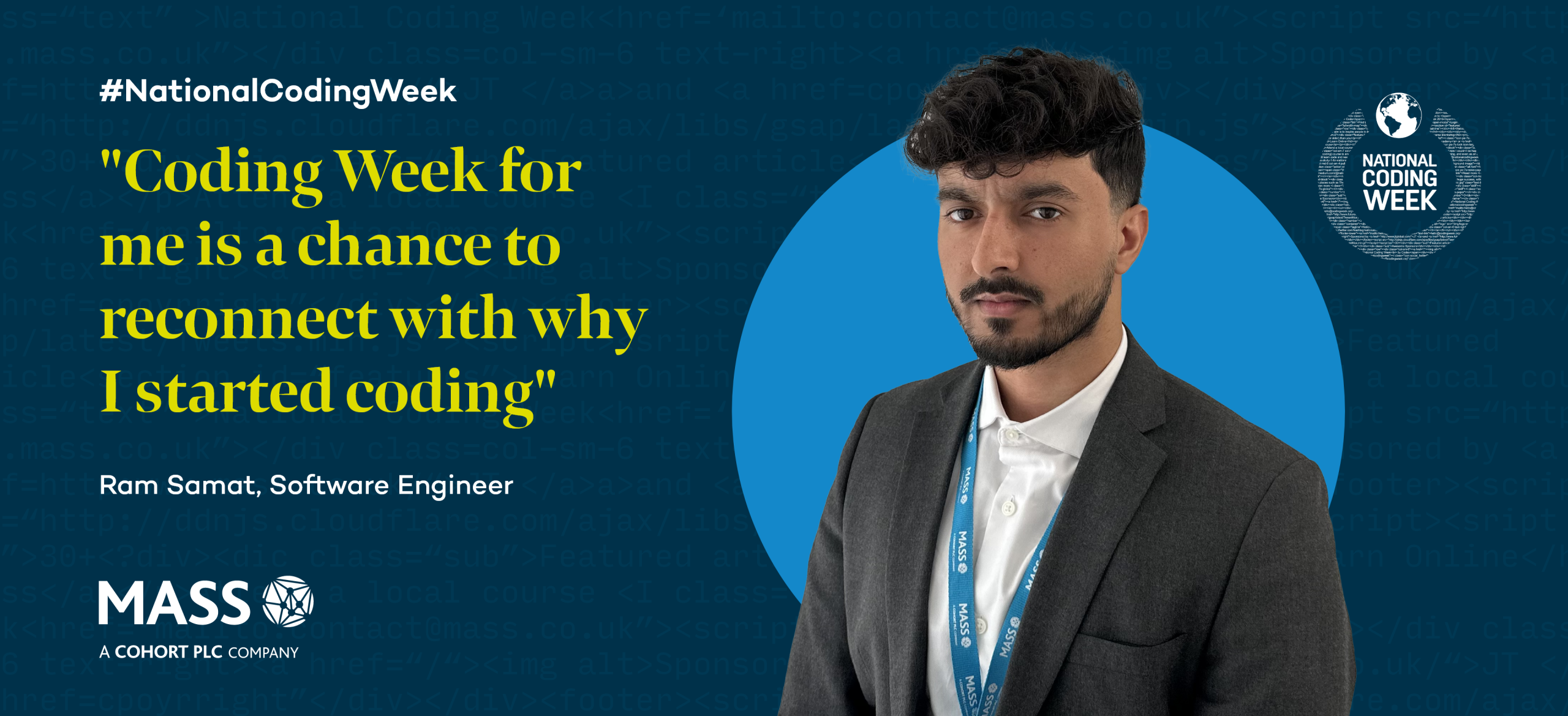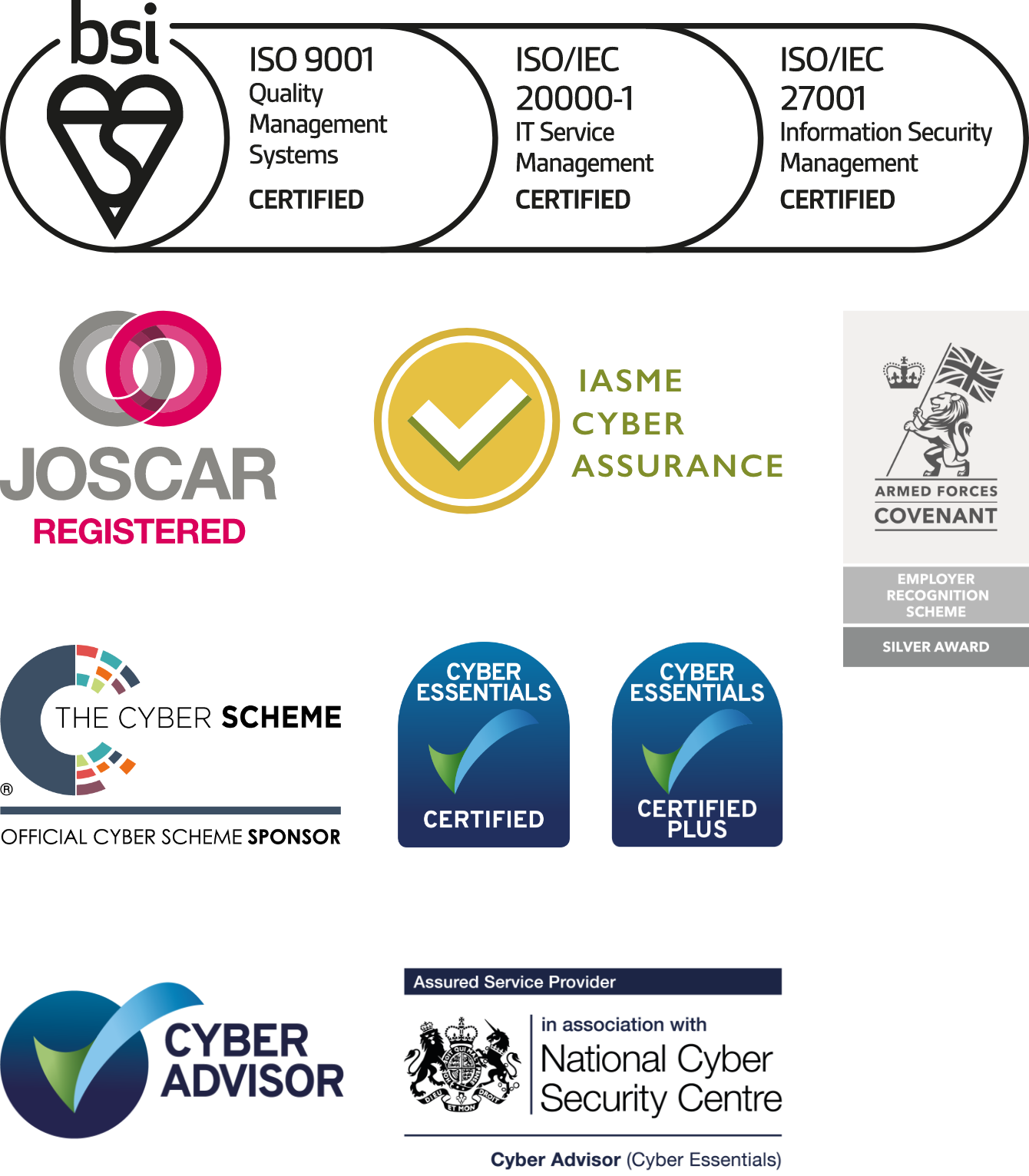It’s Coding Week and to celebrate it, we spent some time with one of our Software Engineers – Ram Samat. Ram shared insights into his passion for coding, what the week means to him and a brief glimpse of what he and our software development team have been working on recently. Here’s what he had to say:
Tell us about your passion for coding.
My passion for coding stems from my childhood interest in puzzles and architecture. Those may not seem related to coding, but I see every coding task as a puzzle where you also play the architect. There’s an element of craftsmanship required, as you pull together a structure that is solid and reliable, using resources available to you.
Like architecture, coding also has its styles: some developers build solutions entirely from scratch, like abstractionism, while others take a more classical approach, relying on proven frameworks and patterns. Alongside that, there is the vital concept of iterative work involved, where the design is constantly refined until the most optimal solution is found – there really are no true dead ends. This encompasses my passion for coding, as I believe there is an art to it – both in the lines of code themselves and in the way each structure comes together meaningfully.
What does coding week mean to you as a developer?
Coding Week for me is a chance to reconnect with why I started coding – with all the curiosity, fun of learning something new and seeing immediate progress or at least sometimes. It’s a great time to learn from others and hear about their journeys in this field, through workshops, talks and peers. Seeing different approaches always helps me learn new things.
What are your thoughts on AI and why is it important?
I think AI is important because it has the capability to boost productivity across all areas of work. If we can have healthy AI companions alongside us – as doctors, engineers or other professionals – it can automate menial tasks, leaving the humans free to focus on the creative and strategic aspects. AI also creates space for greater innovation and can help solve problems that may have been out of reach before, such as in medicine, disaster prediction, and other complex scenarios. At the same time, there needs to be a strong sense of responsibility when using it. Comfort can be the predator of creativity and ambition. AI should accelerate our future, but it must be handled with care and shaped to support us — not stagnate us.
You recently took part in an AI Hackathon, tell us about that.
The aim of the Hackathon was to come together as a team to explore further implementation of AI within our products and offering. We considered a few ideas and decided to create a chatbot that will help our customers. This involved developing an interface to allow the user to upload relevant files such as help guides and EW data and in return get an output of contextually significant data, to help improve their workflow.
The outcome of the Hackathon was quite informative as well as innovative, as we got to indulge in various new technologies and learn how to incorporate them for users. Bouncing ideas off the different experts that were present helped our way forward, as we came together to generate a chatbot. It used a large language model (LLM), which allowed users to use natural language to query a database. One of the best achievements from the hackathon was seeing the user successfully query the chatbot in their own language, without barriers.
Visit our careers page to see our current vacancies.



